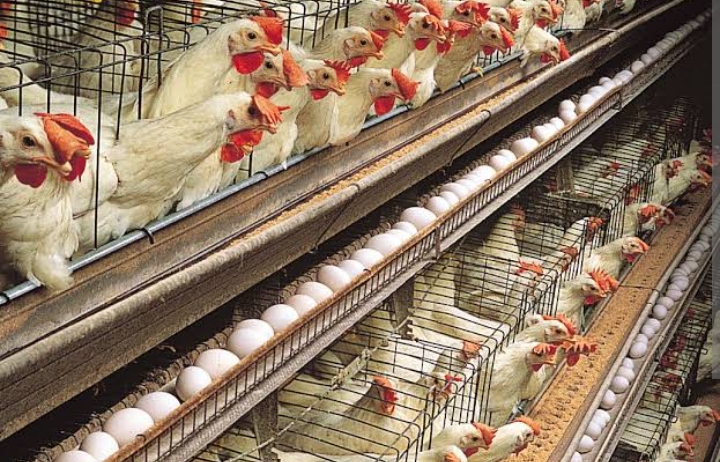How to start poultry farming in Nigeria
Starting a poultry farming business in Nigeria requires careful planning and execution. Here are the steps you can follow to begin your poultry farming venture:
Research and Planning:
Conduct thorough research on the poultry industry in Nigeria, including market demand, competition, and regulations.
Determine the type of poultry farming you want to engage in, such as broilers (meat production) or layers (egg production).
Develop a comprehensive business plan that outlines your goals, financial projections, marketing strategies, and operational details.
Acquire Knowledge and Skills:
Gain knowledge about poultry farming through training programs, workshops, or by consulting experienced poultry farmers.
Familiarize yourself with best practices in poultry management, nutrition, disease prevention, and biosecurity measures.
Secure Adequate Land and Facilities:
Acquire suitable land for your poultry farm, considering factors such as accessibility, security, and proximity to markets and suppliers.
Construct or renovate poultry houses that meet the specific requirements of your chosen poultry production system (broilers or layers).
Ensure proper ventilation, lighting, insulation, and sanitation facilities within the poultry houses.
Source Quality Breeds and Stock:
Identify reputable suppliers or hatcheries to source high-quality day-old chicks or hatching eggs.
Select breeds that are well-suited for Nigerian climatic conditions and desired production outcomes (meat or egg production).
Ensure the chicks or eggs are from disease-free and genetically superior parent stock.
Arrange Necessary Equipment and Supplies:
Purchase or lease essential equipment, including feeders, drinkers, heaters, brooders, egg incubators, and ventilation systems.
Stock up on quality feed, vaccines, medications, and other necessary supplies from reliable suppliers.
Implement Biosecurity Measures:
Develop and strictly follow biosecurity protocols to prevent the entry and spread of diseases in your poultry farm.
Control access to your farm, practice proper sanitation, and implement measures to prevent contact with wild birds, rodents, or other potential carriers of diseases.
Hire and Train Staff:
Employ skilled workers who have experience in poultry farming or provide training to your staff to ensure they understand their roles and responsibilities.
Train your employees in biosecurity practices, flock management, record-keeping, and emergency protocols.
Develop Marketing Strategies:
Identify potential customers and establish partnerships with wholesalers, retailers, or processors.
Create a brand identity for your poultry products and develop marketing strategies to promote your farm and products.
Leverage digital platforms, local markets, and networks to reach your target market effectively.
Monitor and Manage Operations:
Regularly monitor the health and performance of your birds, and take necessary actions to address any issues promptly.
Maintain accurate records of production, expenses, sales, and inventory to track the financial performance of your farm.
Continuously educate yourself about new developments, technologies, and industry trends to improve your farm’s efficiency and profitability.
Remember, starting a poultry farm requires dedication, hard work, and continuous learning. It is crucial to consult local agricultural experts, industry associations, and government agencies for guidance and support throughout your journey.

